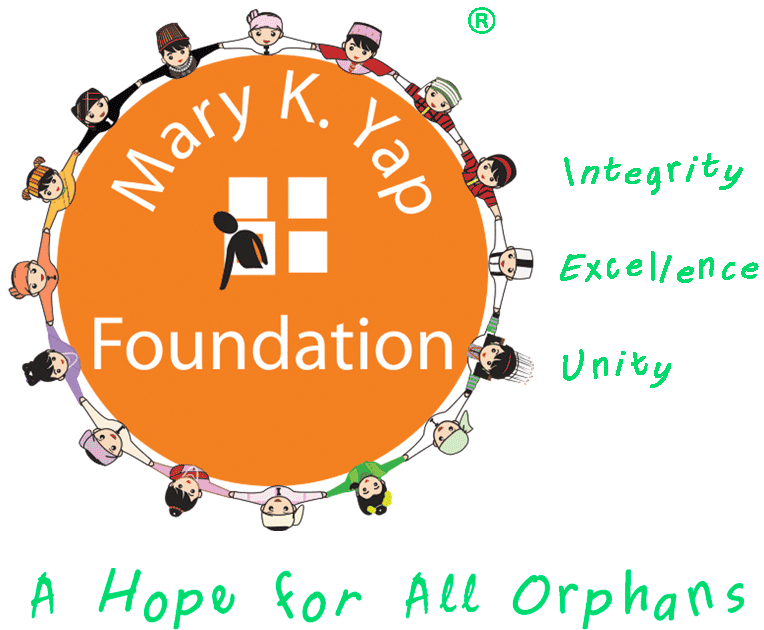Support our "Sustainable Gardens" initiatives.
Taxpayers can give in the US and Euros currency and receive tax gift certificates for their contributions.
Making a Difference ●Building Dreams ● Creating Impact ● Saving Lives
No products in the cart.



The initiative to promote sustainable gardening practices among orphanages, spearheaded by the Mary K Yap Foundation and its sustainable partners, represents an enriching effort to empower orphanages with essential skills in cultivating their own healthy and green vegetables. The program’s main drive is to teach sustainable gardening techniques that not only enhance the orphanages’ self-sufficiency but also contribute to improved nutrition and environmental stewardship. Through hands-on learning experiences, orphanages are equipped with the knowledge and tools needed to grow their own produce, fostering a sense of pride and accomplishment as they witness the fruits of their labor.
The impact of sustainable gardening extends beyond providing fresh and nutritious food. It also instills valuable lessons about environmental sustainability and the interconnectedness between humans and nature. Orphanage residents learn about the importance of conserving resources, minimizing waste, and cultivating a harmonious relationship with the natural world. These lessons go hand in hand with promoting a healthy lifestyle and instilling lifelong habits that prioritize health, well-being, and environmental responsibility.
By collaborating with sustainable partners, the Mary K Yap Foundation ensures that orphanages receive comprehensive support and guidance in implementing sustainable gardening practices. This includes training on organic gardening methods, composting techniques, water conservation strategies, and pest management solutions. Through these efforts, orphanages not only gain access to fresh and nutritious food but also become agents of positive change, promoting sustainability within their communities and inspiring others to embrace environmentally conscious practices.
SEE SCHEDULEPlease go to Form #5 "Sustainable Gardening - Adopt Green Practices" listed in the Sign Up Forms under the "Get Involved" Tab.
The hands-on training courses on sustainable gardening for orphanages typically cover techniques such as composting, rainwater harvesting, organic farming, permaculture principles, and the use of native plants for biodiversity conservation.
We will first complete a feasibility study, follow by two days of gardening practices lessons with our certified partners. Afterwards, Orphanages can create sustainable gardening by implementing practices such as composting, water conservation, organic gardening methods, and engaging children in gardening activities to cultivate your own food.

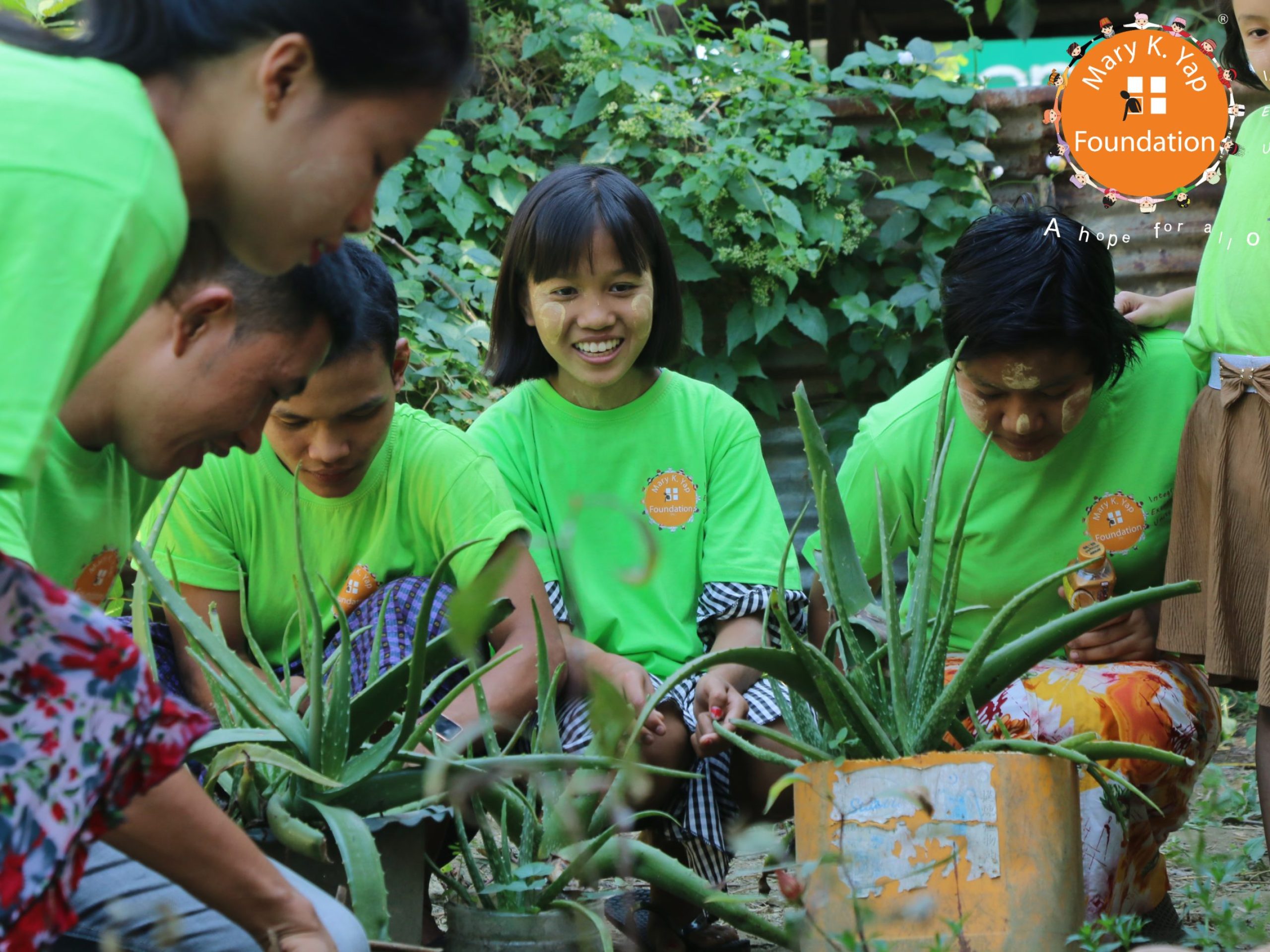
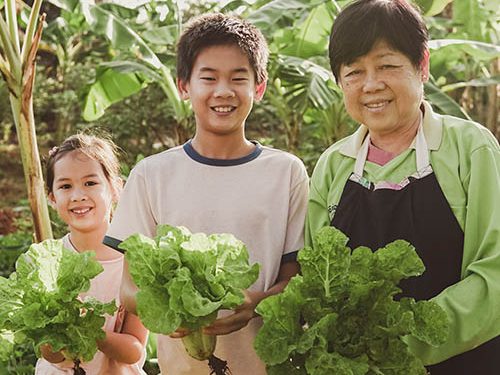
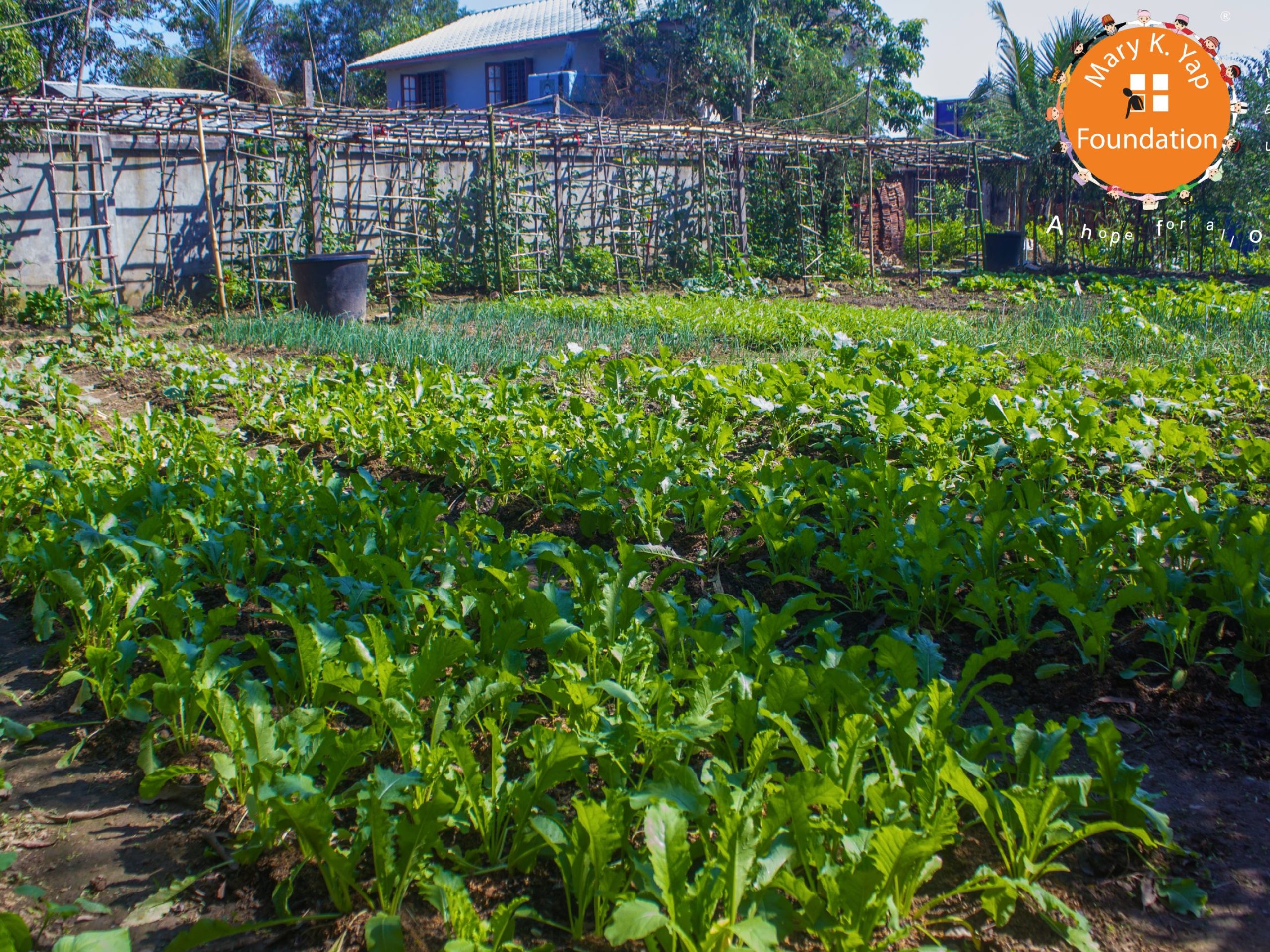
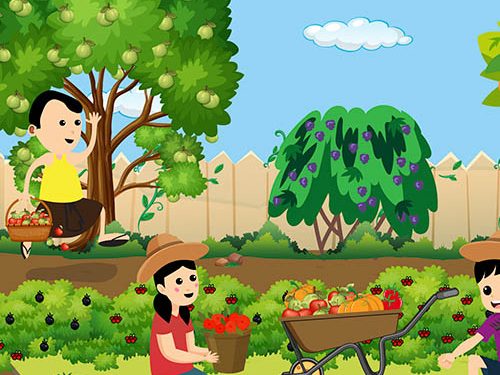
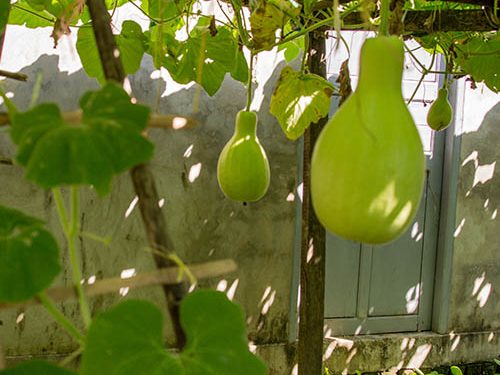
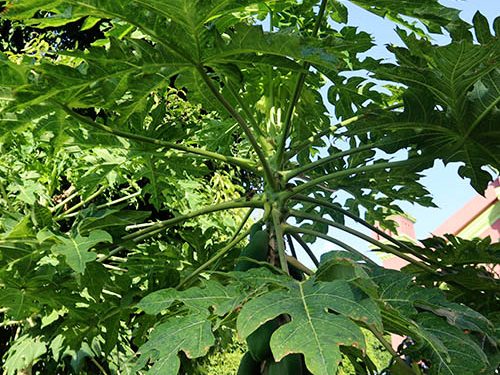
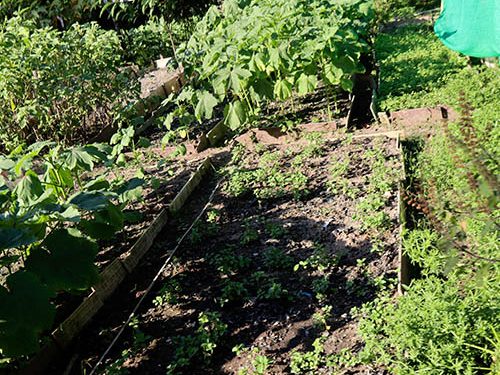
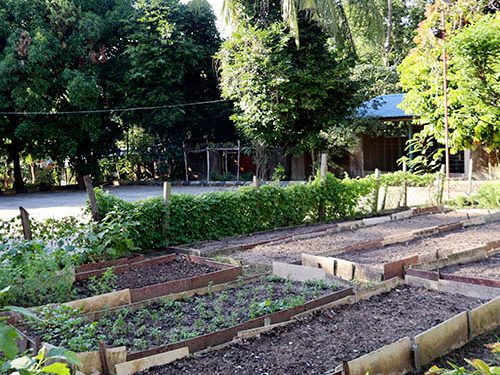
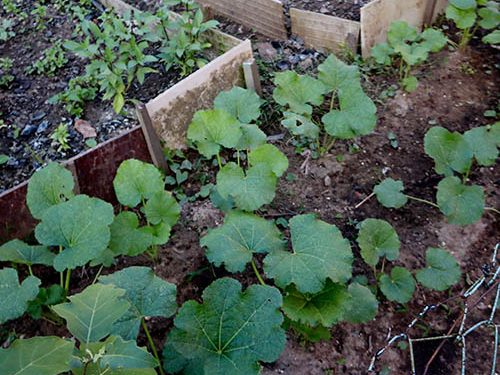
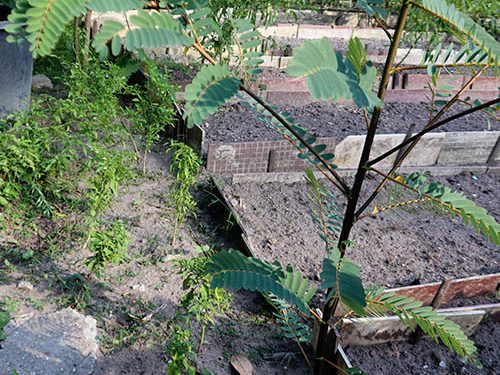
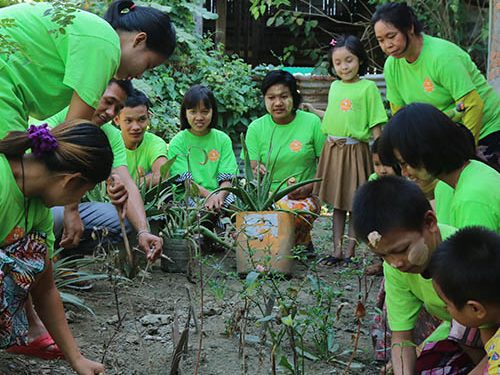
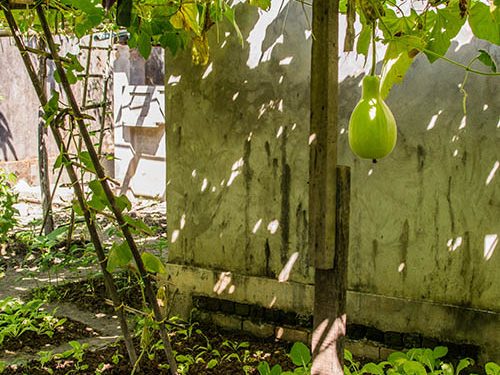
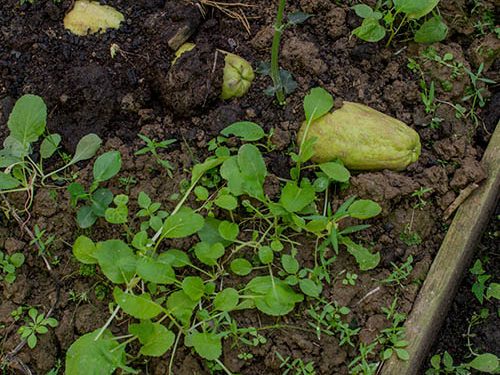
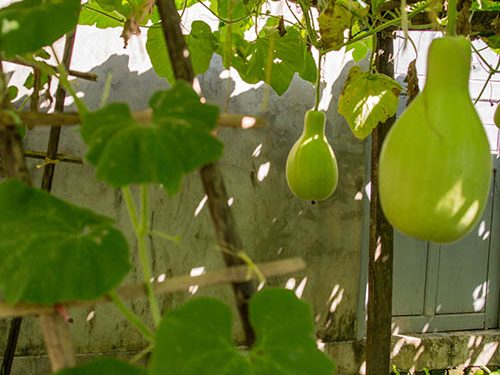
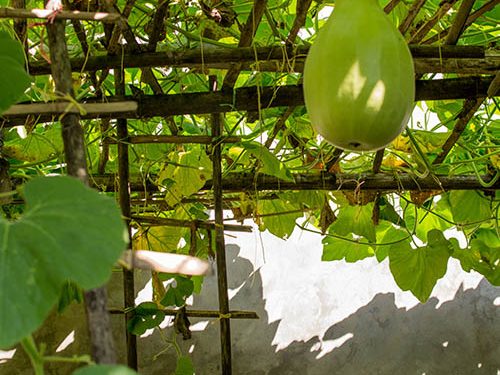
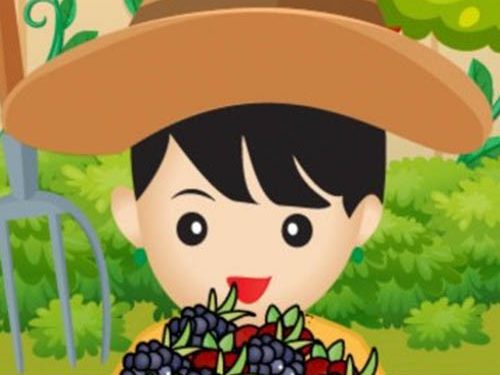
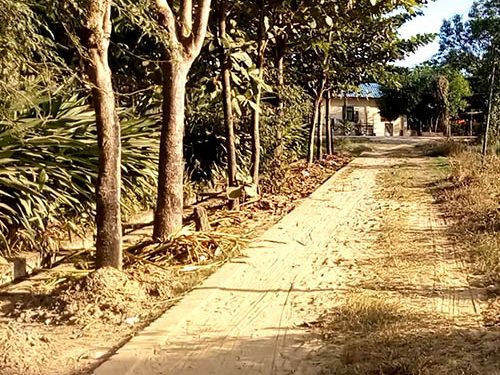
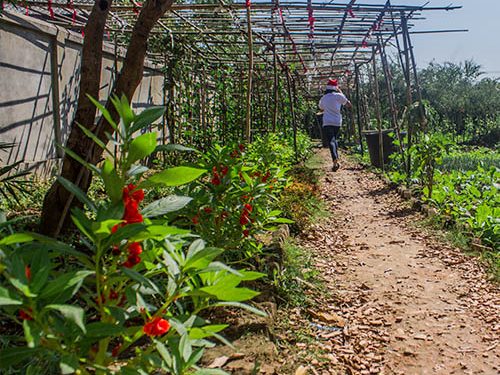
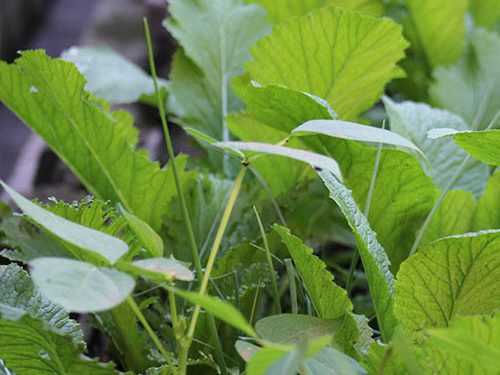
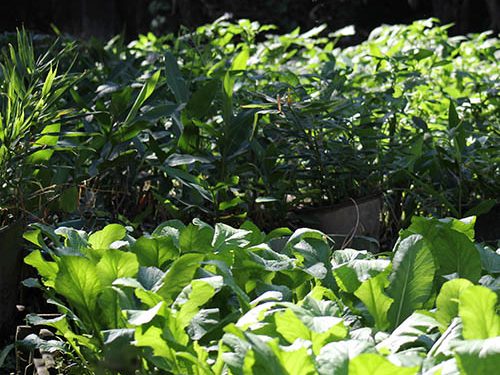
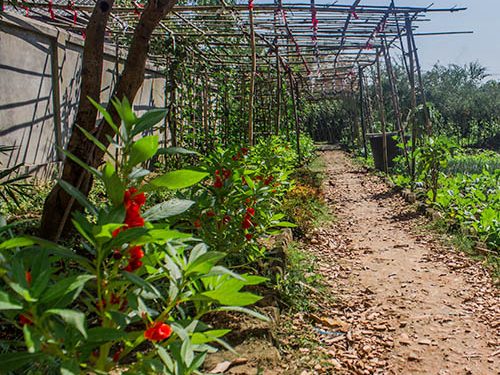
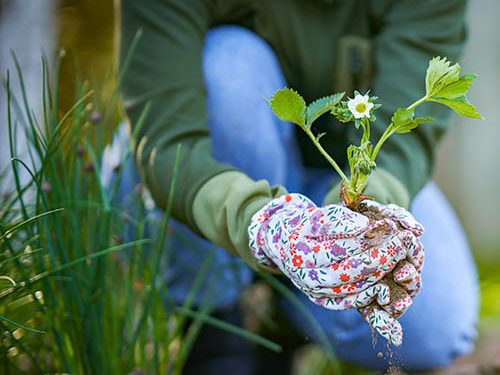
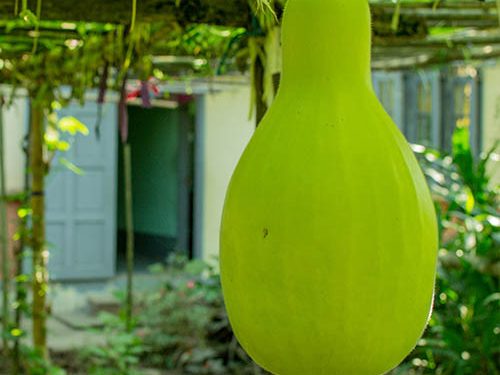
Taxpayers can give in the US and Euros currency and receive tax gift certificates for their contributions.
